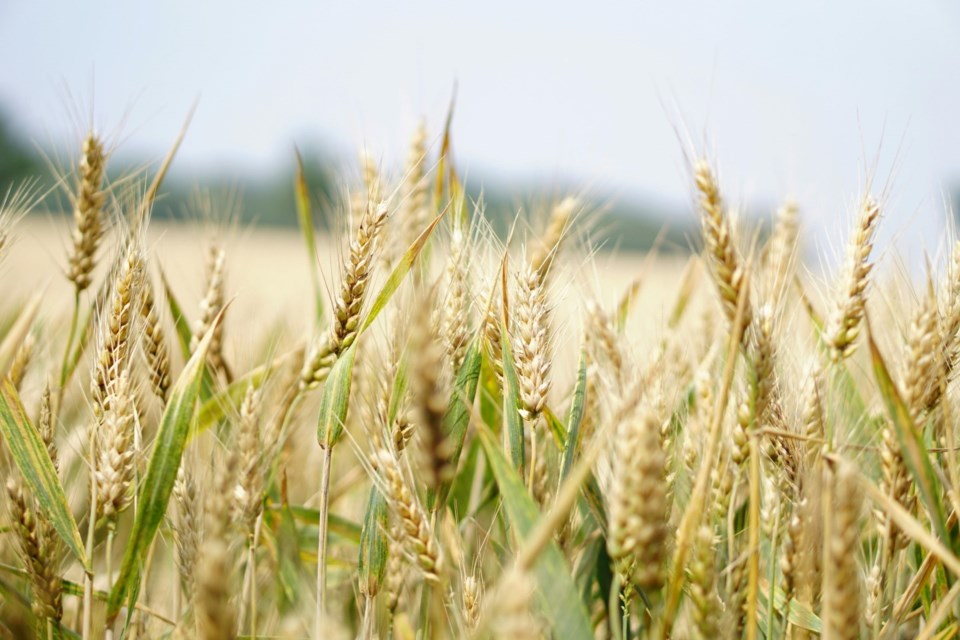YORKTON — As producers continue to get harvest equipment ready, some pulse crops are just starting to be desiccated within the region. Currently, the region sits at one per cent of harvest complete for the year.
Producers have been making progress harvesting mainly winter cereals. Currently, 25 per cent of the fall rye has been harvested along with two per cent of the winter wheat. An additional seven per cent of the fall rye has been harvested for feed along with an additional two per cent of winter wheat harvested for feed. A full summary of individual crop harvest progress for all regions can be viewed in the attached harvest progress table.
Haying operations are progressing in the region with some producers wrapping up. No second cut is anticipated. Dryland alfalfa yields are estimated to be 2.02 tons per acre with greenfeed estimated at 3.33 tons per acre and tame hay estimated at 1.73 tons per acre. Irrigated alfalfa is estimated to be 3.14 tons per acre and irrigated greenfeed is estimated to be 4.40 tons per acre. Silage yields are estimated to be 5.28 tons per acre within the region.
Rain was variable across the region over the past week. The highest rainfall recorded fell in the Foam Lake area at 36 mm with other surrounding areas reporting 11 to 20 mm over the past week. The Leroy, Manitou Beach and Wroxton areas received 10 mm. Many producers within the region would welcome rain to help with grain fill and bushel weight on later seeded crops.
Topsoil moisture continues to decrease with the persistent hot and dry conditions. Currently, cropland topsoil moisture is rated as 42 per cent adequate, 50 per cent short and eight per cent very short. Hayland topsoil moisture is reported at 48 per cent adequate, 44 per cent short and eight per cent very short. Pasture topsoil moisture is 38 per cent adequate, 43 per cent short and 19 per cent very short.
The lack of moisture and heat continue to be the main causes of crop damage throughout the region. Wind, gophers, aphids and grasshoppers continued to cause crop damage over the past week with minor to moderate damage reported. As canola continues to mature, producers are observing sclerotinia stem rot emerging in their fields.
For more information about East-Central Saskatchewan, explore the .




